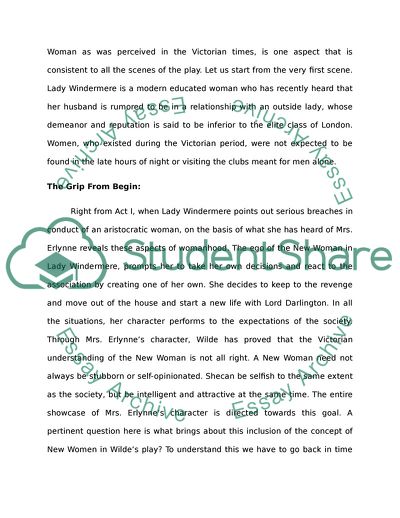Cite this document
(Victorian Principles of Aristocracy in the Society Literature review, n.d.)
Victorian Principles of Aristocracy in the Society Literature review. https://studentshare.org/sociology/1833000-drama-essay-paper
Victorian Principles of Aristocracy in the Society Literature review. https://studentshare.org/sociology/1833000-drama-essay-paper
(Victorian Principles of Aristocracy in the Society Literature Review)
Victorian Principles of Aristocracy in the Society Literature Review. https://studentshare.org/sociology/1833000-drama-essay-paper.
Victorian Principles of Aristocracy in the Society Literature Review. https://studentshare.org/sociology/1833000-drama-essay-paper.
“Victorian Principles of Aristocracy in the Society Literature Review”. https://studentshare.org/sociology/1833000-drama-essay-paper.


